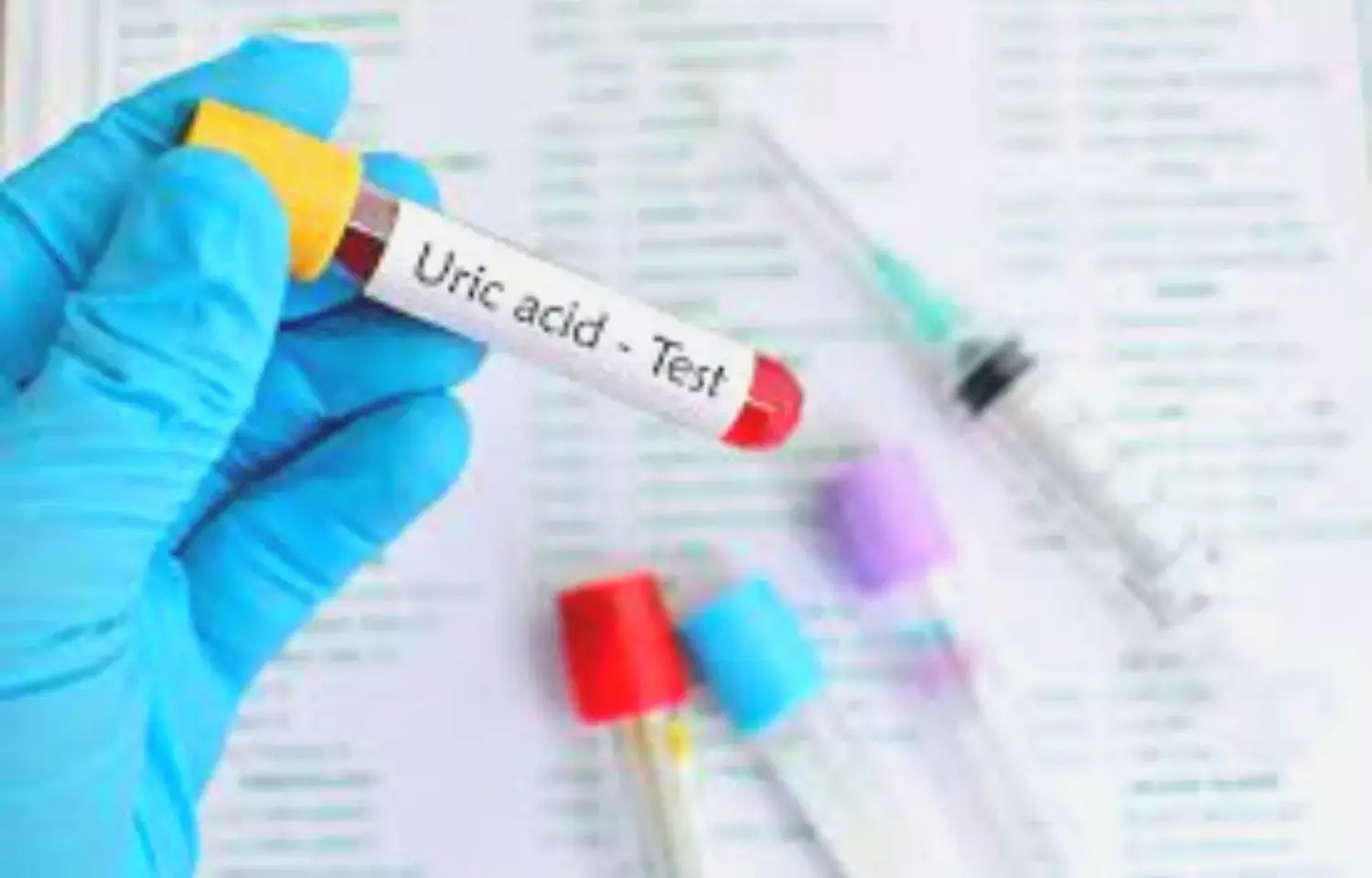- Home
- Medical news & Guidelines
- Anesthesiology
- Cardiology and CTVS
- Critical Care
- Dentistry
- Dermatology
- Diabetes and Endocrinology
- ENT
- Gastroenterology
- Medicine
- Nephrology
- Neurology
- Obstretics-Gynaecology
- Oncology
- Ophthalmology
- Orthopaedics
- Pediatrics-Neonatology
- Psychiatry
- Pulmonology
- Radiology
- Surgery
- Urology
- Laboratory Medicine
- Diet
- Nursing
- Paramedical
- Physiotherapy
- Health news
- Fact Check
- Bone Health Fact Check
- Brain Health Fact Check
- Cancer Related Fact Check
- Child Care Fact Check
- Dental and oral health fact check
- Diabetes and metabolic health fact check
- Diet and Nutrition Fact Check
- Eye and ENT Care Fact Check
- Fitness fact check
- Gut health fact check
- Heart health fact check
- Kidney health fact check
- Medical education fact check
- Men's health fact check
- Respiratory fact check
- Skin and hair care fact check
- Vaccine and Immunization fact check
- Women's health fact check
- AYUSH
- State News
- Andaman and Nicobar Islands
- Andhra Pradesh
- Arunachal Pradesh
- Assam
- Bihar
- Chandigarh
- Chattisgarh
- Dadra and Nagar Haveli
- Daman and Diu
- Delhi
- Goa
- Gujarat
- Haryana
- Himachal Pradesh
- Jammu & Kashmir
- Jharkhand
- Karnataka
- Kerala
- Ladakh
- Lakshadweep
- Madhya Pradesh
- Maharashtra
- Manipur
- Meghalaya
- Mizoram
- Nagaland
- Odisha
- Puducherry
- Punjab
- Rajasthan
- Sikkim
- Tamil Nadu
- Telangana
- Tripura
- Uttar Pradesh
- Uttrakhand
- West Bengal
- Medical Education
- Industry
Sleeve Gastrectomy Reduces Hyperuricemia and Metabolic Syndrome in Obese Patients: Study

A recent prospective study published in the Obesity Surgery journal highlighted the potential benefits of laparoscopic sleeve gastrectomy in addressing hyperuricemia and metabolic syndrome among obese individuals. This surgical intervention has shown promising results in not only reducing excess weight but also in ameliorating conditions closely associated with obesity.
The research focused on patients with obesity who were candidates for laparoscopic sleeve gastrectomy. These patients were closely monitored for a period of one year following their surgery to assess changes in their health concerning hyperuricemia and metabolic syndrome. Hyperuricemia is characterized by high levels of uric acid in the blood that can lead to gout and other health complications, while metabolic syndrome is a cluster of conditions that increase the risk of heart disease, stroke, and diabetes.
Out of the 198 patients who underwent sleeve gastrectomy, the study revealed significant improvements in health outcomes:
- There was a substantial decrease in the prevalence of hyperuricemia among both male and female patients. For females, cases dropped from 77 to 36, a reduction of 46.75%. For males, the number decreased from 18 to 8, marking a 44.44% reduction.
- Before surgery, 60.6% of the patients (120 out of 198) were diagnosed with metabolic syndrome. One year post-surgery, 36.7% of these patients showed marked improvements in their condition.
- Among individuals with metabolic syndrome, significant improvements were observed in various health parameters, including reductions in hypertriglyceridemia, hyperuricemia, and hypercholesteremia.
Further analysis indicated that in female patients, several factors played a critical role in the likelihood of recovering from hyperuricemia. These included changes in creatinine levels, glomerular filtration rate (GFR), weight loss, body mass index (BMI), and triglyceride reduction. The logistic regression analysis underlined these elements as significant contributors to health improvements post-surgery.
The findings of this study illuminate the clinical relevance of sleeve gastrectomy as an effective intervention in managing obesity-related conditions such as hyperuricemia and metabolic syndrome. These results suggest that beyond weight loss, the surgery can lead to substantial improvements in various health metrics, thereby reducing the overall risk of associated complications. As the prevalence of obesity continues to increase through the globe, these findings may influence future treatment protocols and encourage more widespread adoption of surgical solutions to effectively manage obesity and its related health issues.
Source:
Davoudi, Z., Shokuhi Sabet, A., Toreyhi, H., Rashnoo, F., Taheri, M., & Farsad, F. (2024). Impact of Sleeve Gastrectomy on Uric Acid Levels in Patients with Obesity: A Comparative Study. In Obesity Surgery. Springer Science and Business Media LLC. https://doi.org/10.1007/s11695-024-07356-5
Neuroscience Masters graduate
Jacinthlyn Sylvia, a Neuroscience Master's graduate from Chennai has worked extensively in deciphering the neurobiology of cognition and motor control in aging. She also has spread-out exposure to Neurosurgery from her Bachelor’s. She is currently involved in active Neuro-Oncology research. She is an upcoming neuroscientist with a fiery passion for writing. Her news cover at Medical Dialogues feature recent discoveries and updates from the healthcare and biomedical research fields. She can be reached at editorial@medicaldialogues.in
Dr Kamal Kant Kohli-MBBS, DTCD- a chest specialist with more than 30 years of practice and a flair for writing clinical articles, Dr Kamal Kant Kohli joined Medical Dialogues as a Chief Editor of Medical News. Besides writing articles, as an editor, he proofreads and verifies all the medical content published on Medical Dialogues including those coming from journals, studies,medical conferences,guidelines etc. Email: drkohli@medicaldialogues.in. Contact no. 011-43720751


